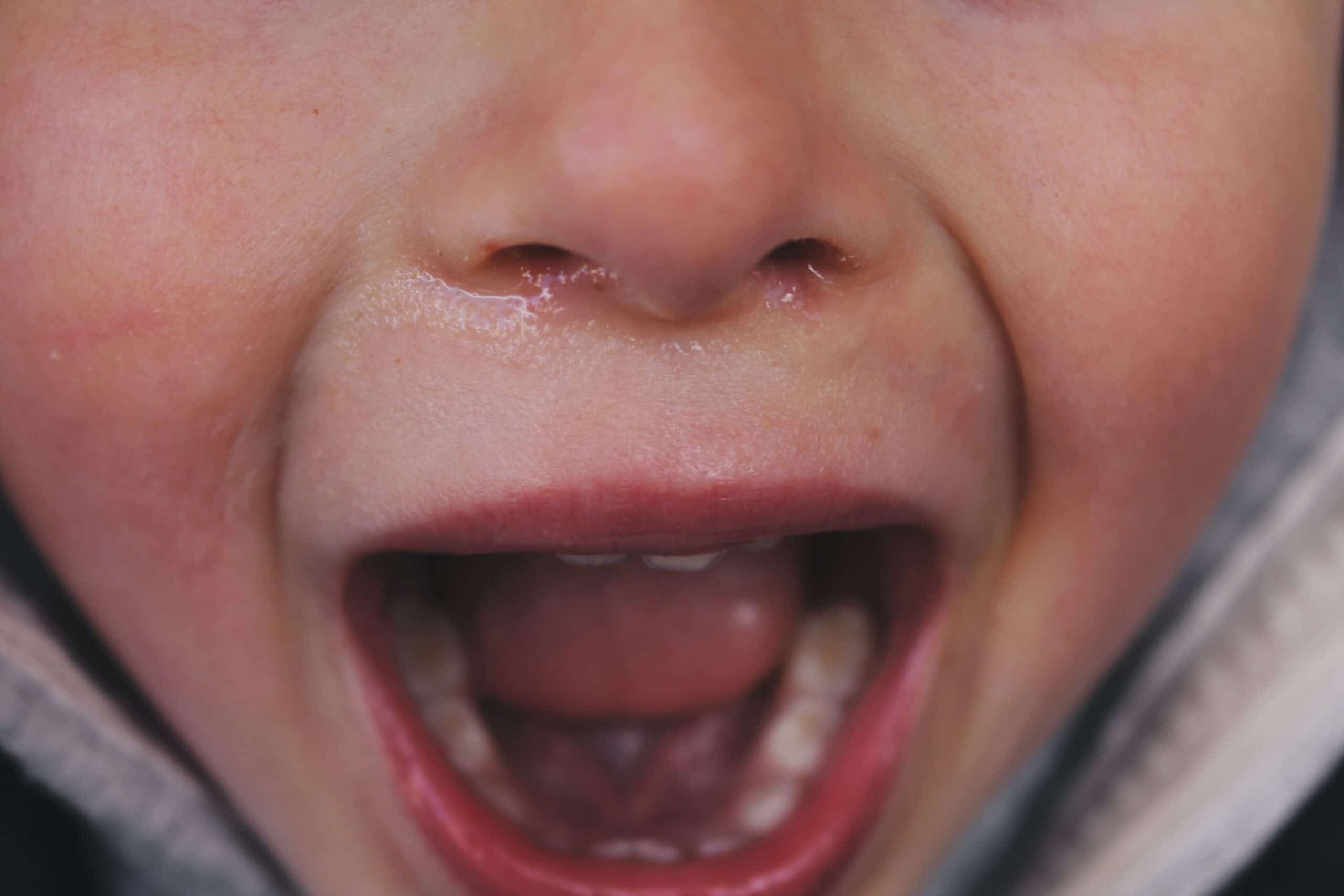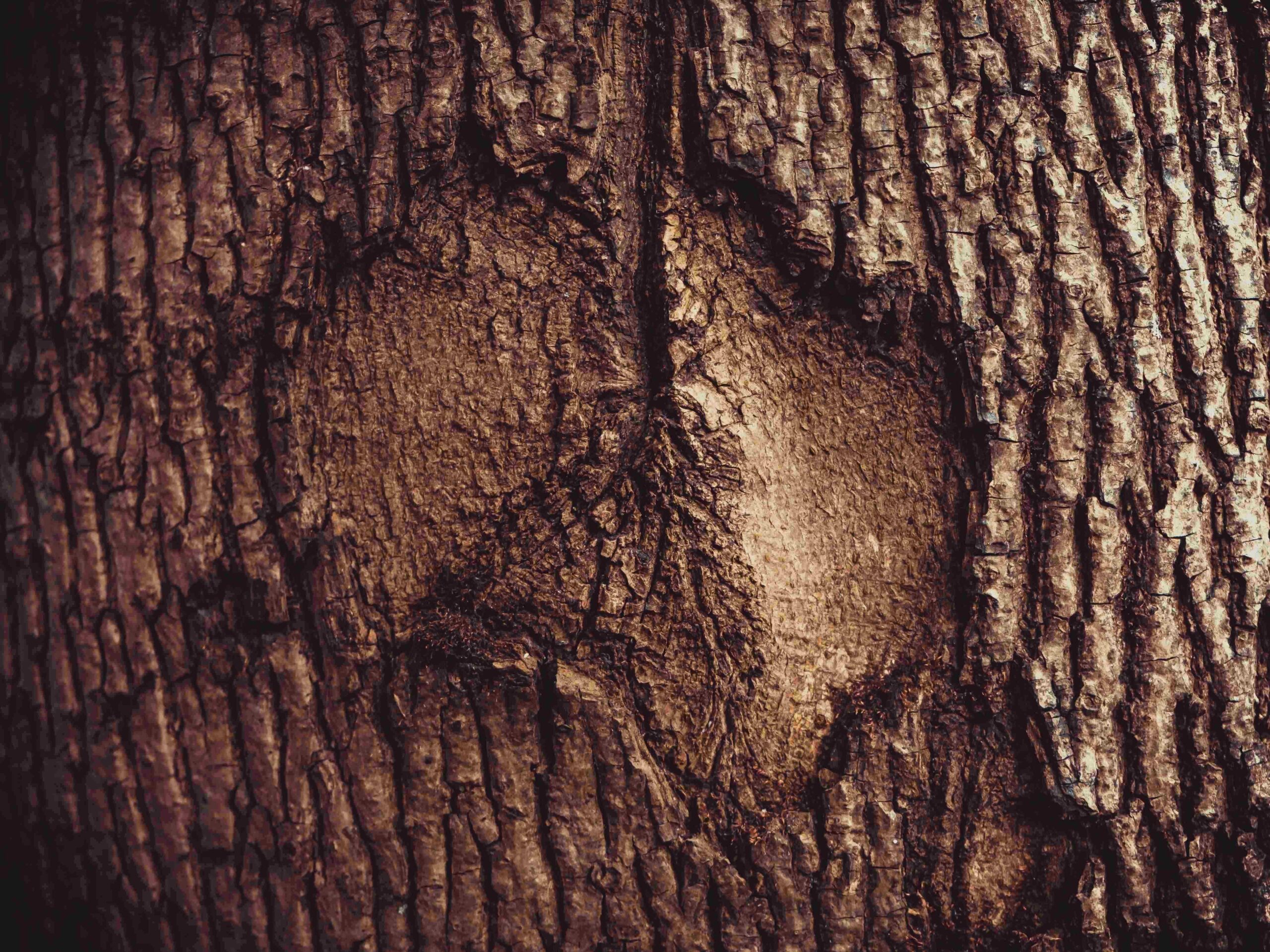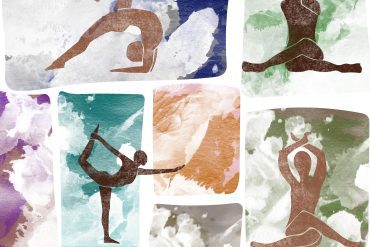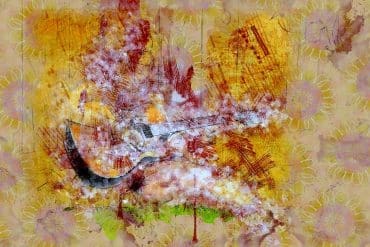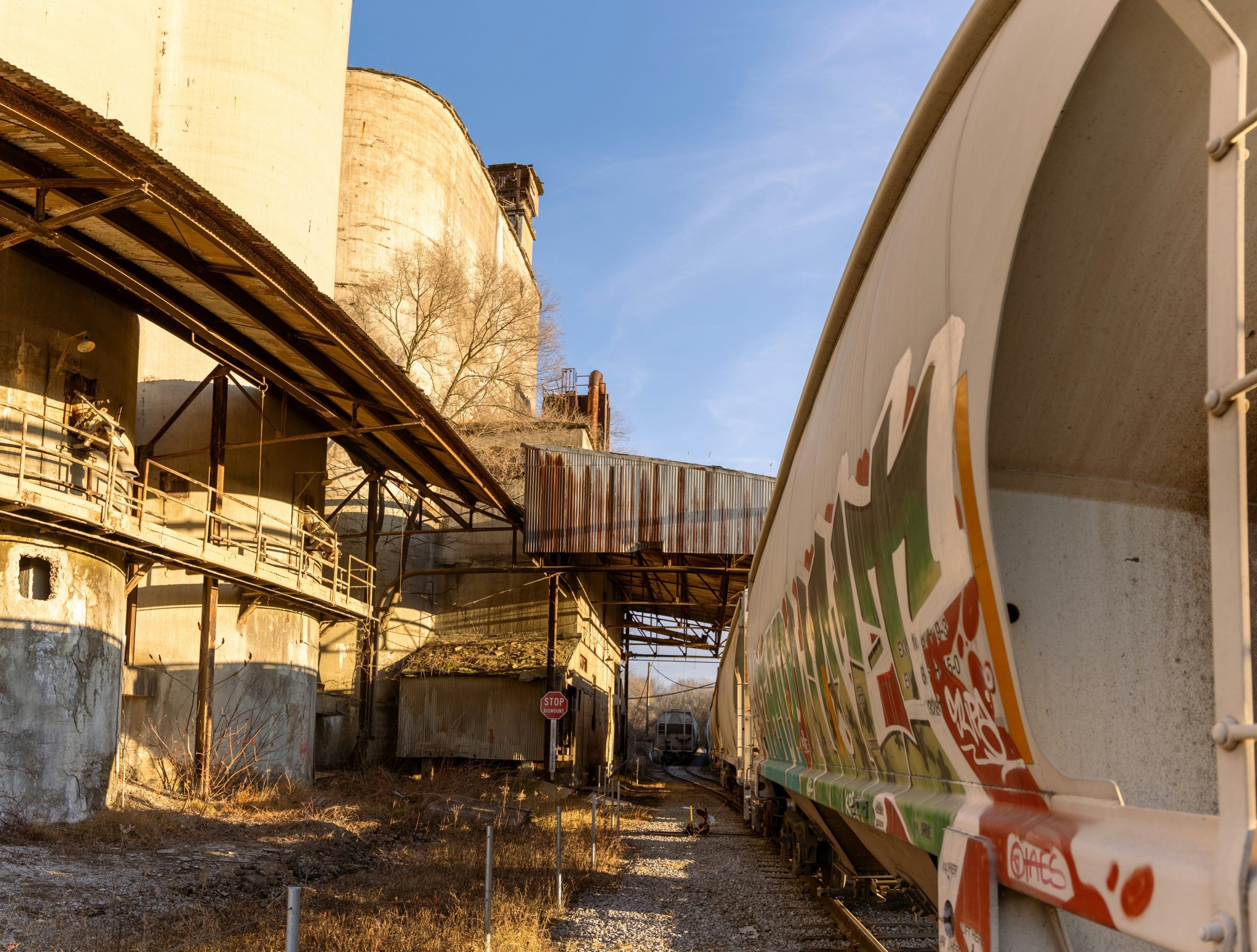Heavy Machinery: How to Write the Rust Belt
Author’s Memo
Born and raised in a Rust Belt town in West Virginia on the banks of the Ohio River where coal and steel converge, I am highly attuned to how industrial forces shape not only the environment and local economies but also cultural ecosystems. Deindustrialization transformed my community not only economically but existentially. As factories and plants closed in the 1980s and 90s, they left black holes in the landscape. The attenuation of labor unions affected not only the political climate but also the social infrastructure.
I now live in Queens, NY, and Charlottesville, VA, and my autoethnographic practice is shaped by a fraught but enduring relationship with the maligned and misunderstood region where I was born and raised and where my family still resides. Moving away from home helped me comprehend and theorize Rust Belt Appalachia as one of many American “sacrifice zones” exploited and degraded to fuel the energy consumption of the nation.
‘Born and raised in a Rust Belt town in West Virginia on the banks of the Ohio River where coal and steel converge, I am highly attuned to how industrial forces shape not only the environment and local economies but also cultural ecosystems.
My autoethnographic poetry is concerned with the spatial formations of capitalism and the psychology of class hegemony. In my work, I grapple with themes of fatalism, hopelessness, shame, self-hate, stasis, and paralysis, all of which, I contend, are part of the affective landscape of American capitalism. As a child of poverty, I was taught to feel shame for existing. An autoethnographic approach to my experience allows me to connect the individual experience of poverty to larger systemic structures in American society, economic and environmental, and to reexamine how self-abnegation is inextricably linked to capitalist exploitation.
As my region has now become a site for new forms of extractivism and “slow violence,” including crude oil production and hydraulic fracturing, I am propelled by a sense of climate urgency coupled with a belief in the potential of place-based storytelling to give voice to the suffering of class inequality. In this autoethnographic symbol system, the characters Mother Rust, Father Dust, are embodiments of the affective experience of deindustrialization. Without restoring the dignity of those weathered by the rust, revitalization efforts remain an empty gesture.
‘My autoethnographic poetry is concerned with the spatial formations of capitalism and the psychology of class hegemony. In my work, I grapple with themes of fatalism, hopelessness, shame, self-hate, stasis, and paralysis, all of which, I contend, are part of the affective landscape of American capitalism.
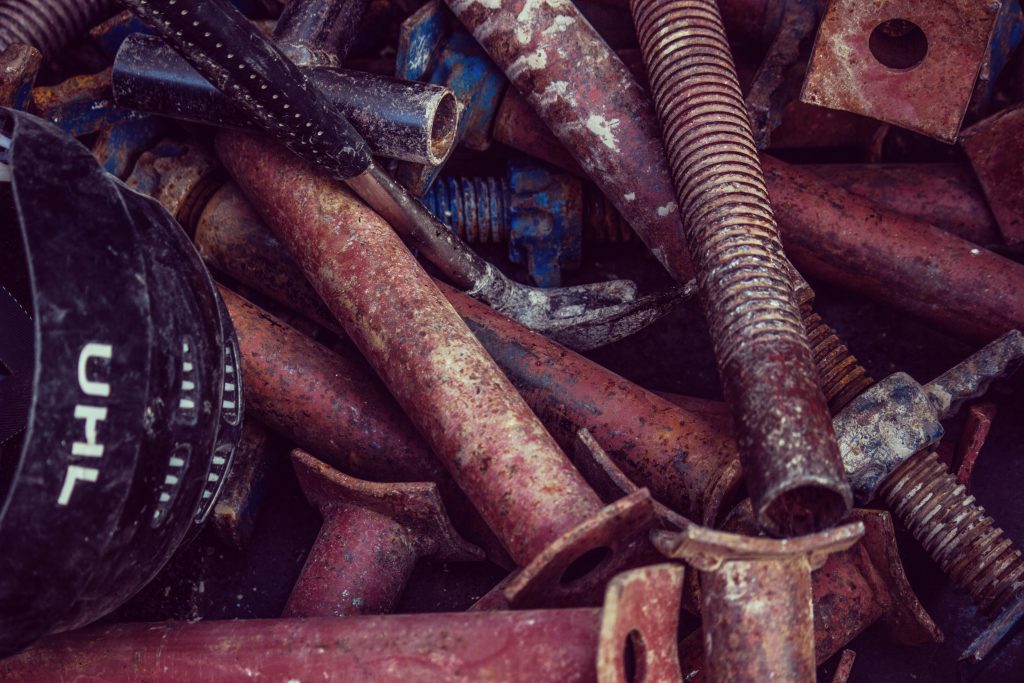
In Medias Res
It was around the time
Mother Rust began to weep
hard water,
after Father Dust lost his job
at the steel mill,
the factory,
the plant closed,
the mine caved in—
her mouth caved in,
it was after the turn
to hard liquor
in the middle of the Oxy years
following the Lithium period,
post-partum, pre-Zyprexa.
There was just a hint
of Fentanyl in the air,
a trace of meth in the tap,
back in the days of rent-to-own,
video poker in back rooms,
illegal cable, petty theft,
before the pipe liners,
the gas wells,
the frack waste.
It was around the time
Mother Rust’s faucet began to leak—
nobody tried to fix it,
and so, it dripped.
Marcellus: An Invocation
Sing colossus of geology,
of a Permian past
of forests of wild turkey
and hills of bituminous gold.
Sing of the stately aluminum architecture
of trailers, gloriously trashed
of kerosene-coated walls
and furnishings of the finest melamine.
Sing of oxycontin alchemy,
fentanyl patches chewed
by broken teeth.
Sing of Appalachian archaeology
of bones of ancient cars,
rusted hubcaps, fenders,
mufflers, coils, shards
of glass, of peat, fossilized CDs,
broken skulls of TVs.
Sing of pill bottles
of whiskey bottles
of dollar general baby bottles.
Sing of America’s red-headed stepchild
born in the middle of tectonic collision.
Sing of cigarette butts,
burnt spoons, and half empties.
Bugler
On the high holy first of the month
Mother Rust rolls cigarettes
from her heavenly throne
dropping shreds of tobacco
from the sky like dirty snowflakes
the devils catch on their tongues.
That’s how it is in this town—
when it rains nicotine,
it pours,
but at the end of the month,
when the drought sets in,
the devils get hungry again
living off resin while
Mother Rust blows nothing
but second-hand smog
Snow Devils
In the dog days of winter,
the little devils start howling again,
they shiver and scratch their heads,
picking, flicking, and crushing
fleas and lice on the cold tile floor.
It is bath time for the devils.
But, alas, the pipes are frozen again,
and Father Dust must descend.
Headfirst into the crawlspace,
he dives, attacking the spikes of ice,
with his Bic lighter
and when he rises, triumphant,
a soggy cigarette,
bobbing beneath his frosty mustache,
the devils clap and cheer,
for even little devils want to be clean.
Credits
Image by Michael Schaffler for Unsplash
Featured Image by Benjamin Lehman for Unsplash
Learn More
New to autoethnography? Visit What Is Autoethnography? How Can I Learn More? to learn about autoethnographic writing and expressive arts. Interested in contributing? Then, view our editorial board’s What Do Editors Look for When Reviewing Evocative Autoethnographic Work?. Accordingly, check out our Submissions page. View Our Team in order to learn about our editorial board. Please see our Work with Us page to learn about volunteering at The AutoEthnographer. Visit Scholarships to learn about our annual student scholarship competition
Jodie Childers is an assistant professor at the University of Virginia. Her work has been published in The Hopkins Review, Boulevard, Poetry East, and Appalachian Reckoning, among others. A recipient of the Dorothy Sargent Rosenberg Prize, she holds a PhD from the University of Massachusetts Amherst.


